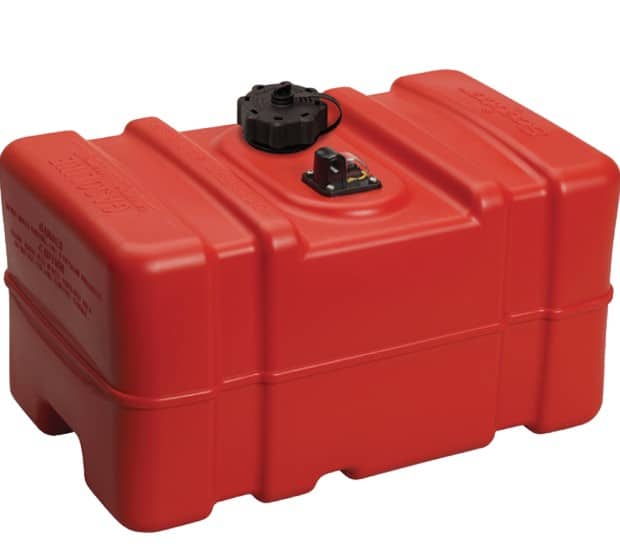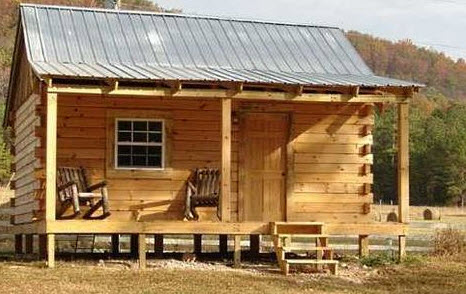
A generator comes in handy when your house or institution suffers power outages. It could also be a result of bad weather, environmental hazards such as hurricanes and storms , but some of the causes for communities lacking power. As these disasters occur naturally and man has no control whatsoever, homeowners now look to portable generators as alternative power sources to sustain their needs.
Most business these days need reliable power to push their businesses to greater heights. An example is hotels requiring electricity to keep their lights on as well as refrigerators to keep their stock fresh for consuming. Most of these generators provide an output of 3000 to 8500 watts and average between 500$ to 1000$ in most stores in the U.S.
While people shop online and without considering key factors for generators, ending up making rash decisions. Do due diligence before owning a generator and below is a list of what to look for that will guide you when shopping.
Page Contents
1. Noise Level
Not everyone out there tolerates noise, especially the upstate residents who enjoy some peace and tranquil. The smaller generators are much quieter compared to those with higher watt class.
The small one’s function with minimal noise, and you can converse with someone at ease. You should opt for smaller generators in larger settlements since it’s a community and some people escape their humdrum lives in the city and want to come back home for some quiet. Another way of determining noise is the type of fuel; diesel-powered generators tend to be louder than gas.
When shopping, look for the decibel levels and confirm the quality of the generator muffler. For better experience during recreational activities like camping, the inverter generator is the best option. However, there is a catch about this one; it is costly compared to other portable generators.
2. Fuel Type
You ought to stock fuel for your gas generator in plenty as cases of disasters causes panic and become challenging to get. On the other hand, diesel generators have better fuel efficiency.

Even though diesel is not easy to come by, compared to gasoline, there will be less clogging of the carburetor.
The propane generator is also revolution, especially to environmentalists as propane is eco-friendly. Even though it requires knowledge to set up, it is another alternative to diesel and gas fuel.
When battery-powered generators entered the market, they spiked sales as their advantages overlook the disadvantages. Solar panels operate silently and to top it off, have no emissions. The shortcomings are being pricy, recharge slowly, and have a lower watt class that won’t go past 1800 watts. Homeowners prefer this generator.
3. Starting
Over time, technology has improved from pulling a recoil cord to the ease of pressing a button for the startup. Some people are old fashioned and prefer the former, but the electric start is helpful as it saves on time and energy.
Manufacturers have also added the automatic start feature. Whenever there is a power outage, the generator comes alive without doing a thing. This feature benefits homeowners who have a busy schedule an in case of emergencies- power is restored without a hassle.
When buying a portable generator, feel free to consult the shop attendants and ask questions about the generator you have in mind. It’s best to charge the battery before use.
4. Frequency of Use
Different people have a specific use of their generators. During purchasing, most sellers have the warranty cover option, where they are liable for any damage to the generator- for household or recreational use. The reputable and most popular brands are best suited to your needs. The warranty of these generators usually lasts up to 3 months while a few go a farther six months.
However, if you are a large enterprise and power is a necessity daily, you ought to opt for a generator with a commercial engine. Such generators can withstand harsh conditions, with fewer cases of damages. Upon acquisition, you will get a warranty that lasts for more than a year.
5. Wheel Kit
Generators might fool you on their size, but they are heavy as they look. As to this, some generators arrive with a wheel kit whereas other you will need to buy separately. It is convenient to include of wheel kit in your purchase, as this will save on costs. Sellers also provide help in installing.
Nevertheless, it’s simple to set up with simple tools and can take less than five minutes. Briggs & Stratton got you covered as their portable generators are inclusive of wheel kits. Some of their wheels are puncture resistant and can endure harsh grounds.
6. Fuel Tank
The concept of bigger is better applies to this factor. Larger fuel tanks provide longer operation time with minimal or no interruption. Most portable generators have an average operation time of 9 hours with a 50% load.

Depending on the purpose of the generator, you will likely operate longer at lesser power output and a shorter if you use more power. A full tank adds to the weight of the generator and becomes a task to move but lucky for you, as wheel kits are available in retail stores. Fuel tanks are designed in plastic; this curbs corrosion that keeps the tank healthy.
7. Fuel Gauge
Apart from the fuel tank, the fuel gauge is crucial in day-to-day use of the generator, as cases of prolonged power outage will help in checking how much fuel is left. You will be able to refuel and avoid a stay in the dark.
8. Low-Oil Shutoff
The latest models of portable generators have this feature, which shows the levels of oil; whenever it falls below the required standard, the generator automatically shuts down to avoid engine failure.
Conclusion
The invention of portable generators has come to the aid of people as an additional power source. Upon set up, they should be 20 feet away from any structure. As much as they come in handy, people should handle them with care to avoid endangering themselves.








